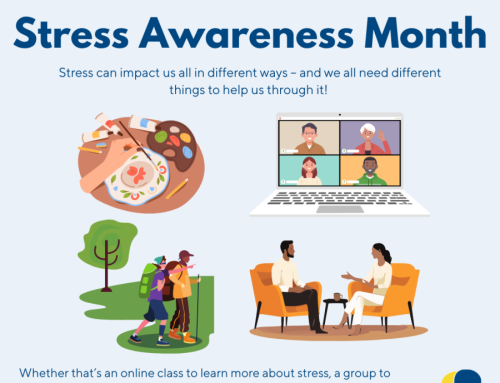To mark Trans Day of Visibility (31st March) we profile the life of a pioneering trans activist.
Sylvia Rivera, who was of Puerto Rican and Venezuelan descent, was born in New York City and named Ray Rivera by her parents. She became an orphan at 3 years old and was then raised by her Venezuelan grandmother, who disapproved of Rivera’s effeminate behaviour, particularly after Rivera began to wear makeup. As a result, Rivera began living on the streets at the age of eleven.
At different times in her life, Rivera battled substance abuse and lived on the streets. Her experiences made her more focused on advocacy for those who, in her view, mainstream society and the assimilationist sectors of the lesbian, gay, bisexual, and transgender communities were leaving behind.
In the last five years of her life Rivera renewed her political activity, giving many speeches about the necessity for unity among transgender people to fight for their historic legacy as people in the forefront of the LGBT movement.
Rivera’s struggles did not relate exclusively to gay and Trans people, as they intersected with issues of poverty and discrimination faced by people of colour. The transgender person-of-colour activist and scholar Jessi Gan discusses how mainstream LGBT groups have routinely dismissed or not paid sufficient attention to Rivera’s Latina identity, while Puerto Rican and Latino groups often have not fully acknowledged Rivera’s contribution to their struggles for civil rights.
Rivera died during the dawn hours of February 19, 2002 at New York’s St. Vincent’s Hospital, of complications from liver cancer. Activist Riki Wilchins noted, “In many ways, Sylvia was the Rosa Parks of the modern transgender movement”.
Named in her honour (and established in 2002), the Sylvia Rivera Law Project is dedicated “to guarantee that all people are free to self-determine gender identity and expression, regardless of income or race, and without facing harassment, discrimination or violence”.
Sources:
- “Five Trans Role Models You Should Know About” – Sylvia Jacques in The Guardian
- “Leslie Feinberg interviews Sylvia Rivera” – Workers World
- Wikipedia entry on Sylvia Rivera





